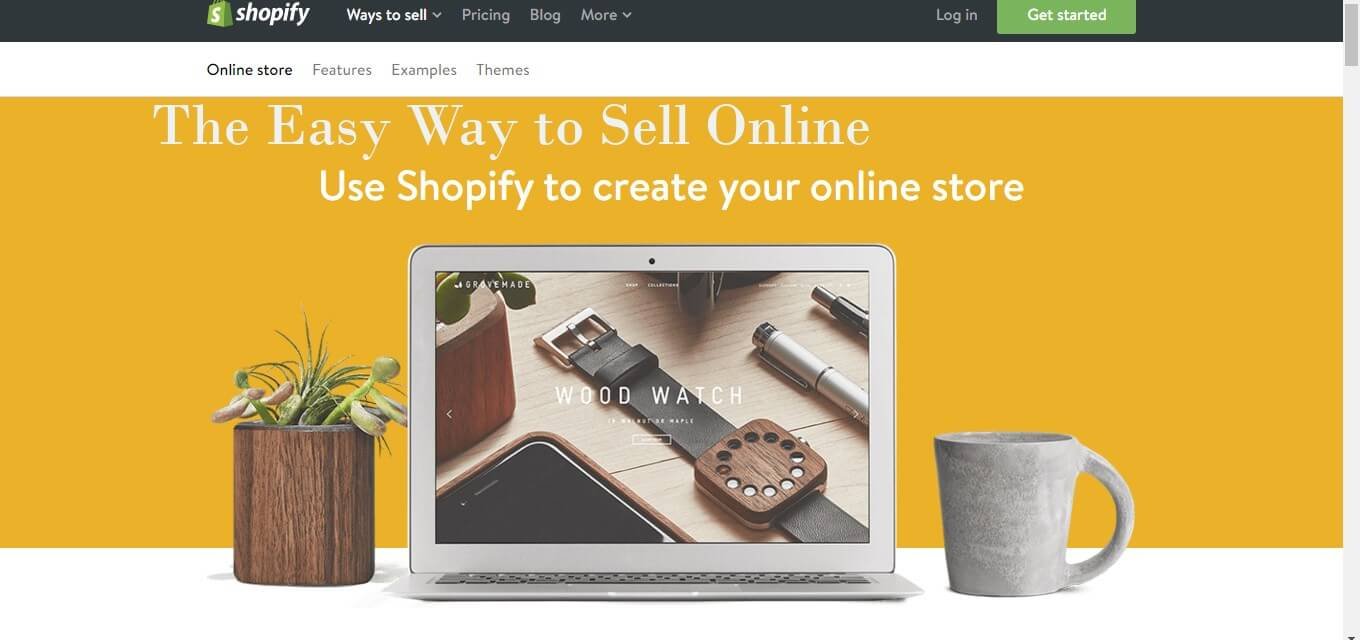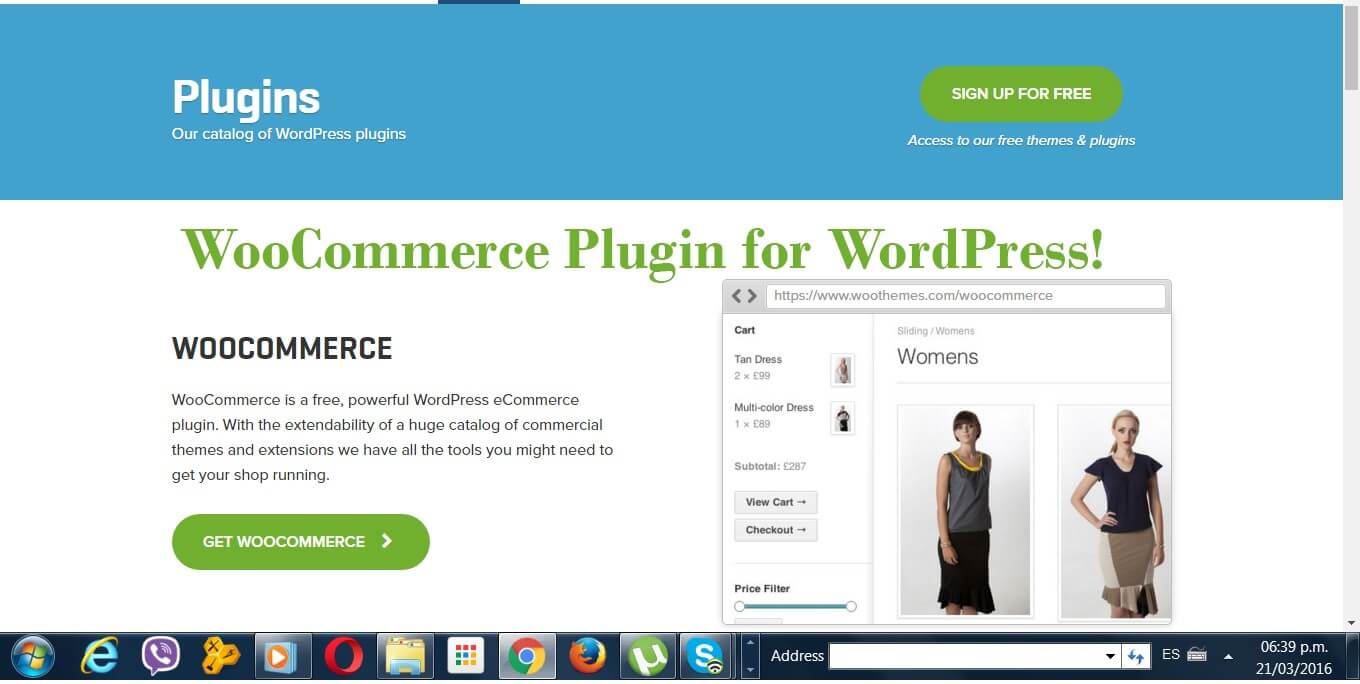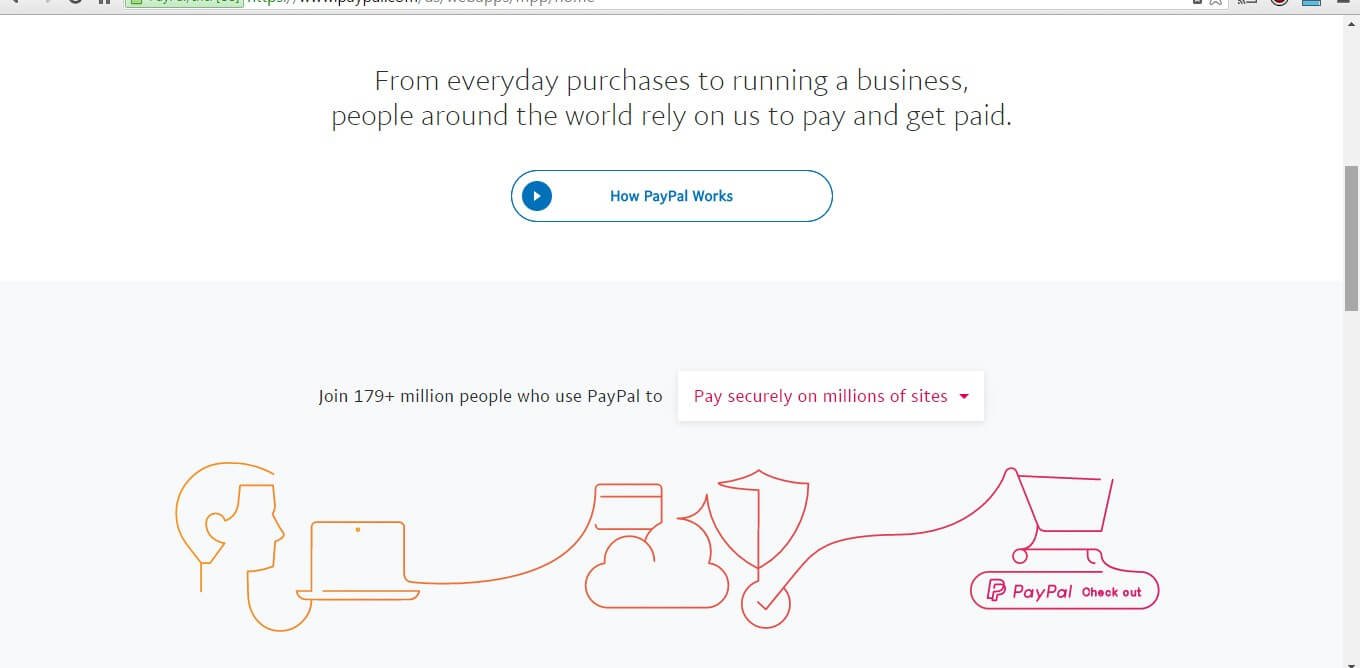You want a business of your very own, but you don’t know where to turn – what to do. The first thing you think is; “Where am I going to get the money from?”
I’ve got good news for you!
Starting an online store is one of the easiest and least expensive ways of owning your own business. Seriously, you don’t have to spend thousands of dollars to get an initial eCommerce solution. And whoever tells you that you do, well, you better walk away fast. This can be a simple and cost effective business, if you just follow these 10 tips. The hardest part of opening your business is getting the search engines to care and get customers to come to your site to buy. Everything else in the process is as easy as pie.
But before you start, check out these 10 things to consider before starting your own online store.
1. Choose a System

Keep away from a custom solution, especially those that are built on old code. Use a system that is well supported and popular. Something like Shopify might work well. Shopify actually has lots of themes that will look stunning, their pricing system is very fair. You can have a nice store here with about 100 products for around $30 a month.
If you want more control over the code then you might want to consider WordPress and add a popular eCommerce plugin.

2. Customize your eCommerce Platform
Whether you use the eCommerce theme or system as your sole website, or add it to an existing website, you want to customize the ecommerce site so it reflects your existing online look. This includes the use of your logos, color schemes and content type. If you don’t have a business website you want to choose a background and design that accent and complement your existing logo. Most preset themes can be customized to a certain extent. This means you can upload your own logo, product images and descriptions without having to know how to code.
3. Optimize First
Slow page load times can mean a loss of customers. It is crucial that you optimize page load times. Optimize your website by compressing images. Use tools such as a sitemap generator, and other speed tools or plugins that work with your particular platform.
4. Be Unique
Unless you make your own products, you will need to use product feeds, descriptions and photos that are offered by the product manufacturer. But you shouldn’t do this. When you use the information supplied by the manufacturer your content is the same as hundreds of other shops. Make your content unique. At the very least rewrite the product descriptions and put your own ideas in. Take other product images or add features, text or other characteristics to photos to make them unique.
5. Find Out What Your Competition is Doing
As in all businesses you need to know what the competition is doing. Search for keywords in your industry and compare the websites to the way you would represent your products. If pages are poorly designed, or outdated; if they aren’t mobile friendly, then this offers you an opportunity for success in that niche. Consider how you can make your website, your products and your descriptions better than those offered by your competitor. On the other hand, if your competitors all have beautifully designed websites with clear descriptions, nice product shots, then they are doing well, and you really need to think hard about whether you can compete in this niche.
6. Be More than Just a Shop
There are thousands of choices when it comes to online stores. You just can’t compete on price alone. But as a new store you won’t have a brand or the ability to cut costs, so use your knowledge to make the Elegant Sale. Do this by offering good information about your products through high quality blog posts, links from other sites and other products. Use your experience to establish yourself as an expert in your community. Write information, answer questions on local forums, be part of the community that works and offers information on your range of products.
7. Get that SEO Done
Bloggers develop a persona through their words, but eCommerce can´t bring in as many customers through keywords, not unless there is a very active blog. Because of this SEO is a crucial step for an online store. Why? By nature, product descriptions tend to be short, and this is almost too small an amount of on page content for the search engines. In many cases, these pages, left on their own are catalogued as “low quality” by the search engines. Learn the basics of SEO, or get a professional SEO specialist to help with your site for a couple of months while you start to bring in those sales.
Also See: 10 best SEO tools for 2016
8. Add Rich Snippets

Rich Snippets is code that is added to the back end of a page (not seen by viewers on the page itself, but instead on the search engine listing). It is the description used by the search engines for the page and added only to the search directories. Basically this is a description of the kind of content that can be found on the page.
9. Select Online Payment System

There are more than a few types of payment systems when starting out. The reason is because a third-party processor is easier to use and offers a secure payment method for accepting online payments. Most eCommerce experts recommend using PayPal when first starting out. PayPal seller fees are slightly higher, and cost about 2.9 percent of the total sale. Still, the system is easy to set up and the transactions are secure.
10. Customer Service
Good customer service is the feature that can really make a business, even a startup stand out from the rest. You want to do your best to respond to customer concerns as quickly as possible. Look into using manufacturers that give you access to reliable Customer Relationship Management (CRM) tools. There are also CRM tools you can implement on your website for fees that range from $25 to $75 per month.
Bottom Line
These are all things you want to think about, analyze and budget before you start an eCommerce website. Of course, it goes without saying that social media is important, and it can be the best way to bring traffic to your new online store. So don’t forget to promote your content on important social media platforms like Facebook, Instagram and Pinterest. You also want to add social media buttons to your content pages so your customers can share your product information with their own friends.


